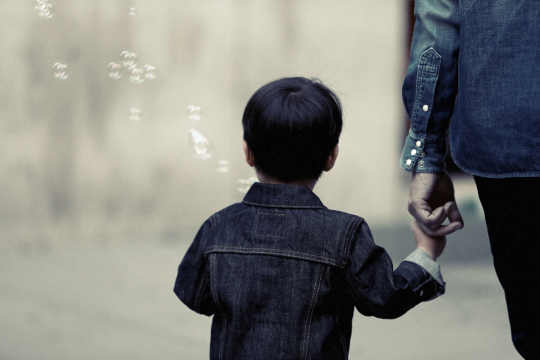 Starting school can be daunting for any child. Often it is the first excursion into the world without parent contact.
Starting school can be daunting for any child. Often it is the first excursion into the world without parent contact.
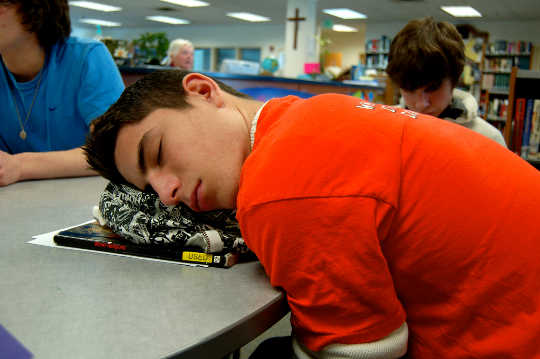 Delaying school start times could help teenagers sleep better, say experts, and could give them a better chance at success later.
Delaying school start times could help teenagers sleep better, say experts, and could give them a better chance at success later.
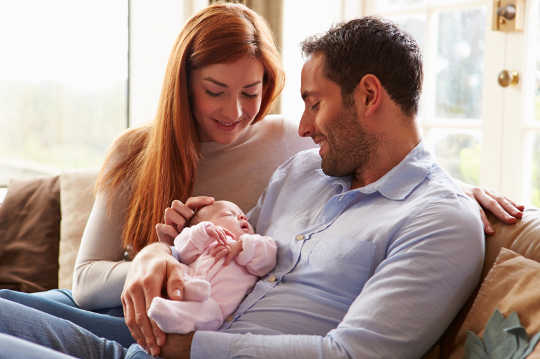 The concept of being able to predict the sex of a baby during early pregnancy or even influence it by eating or doing certain things when trying to conceive
The concept of being able to predict the sex of a baby during early pregnancy or even influence it by eating or doing certain things when trying to conceive
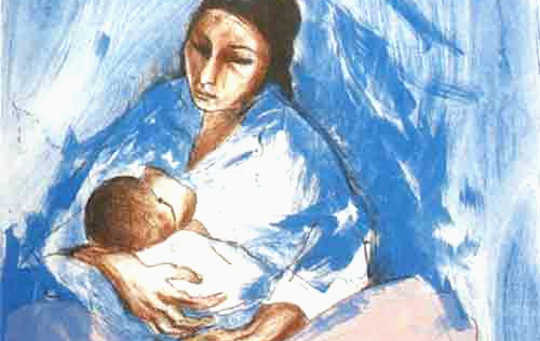 Investigating the make up and composition of breast milk has been a critical part of understanding how newborn babies build their immune systems and ward off disease later in life.
Investigating the make up and composition of breast milk has been a critical part of understanding how newborn babies build their immune systems and ward off disease later in life.
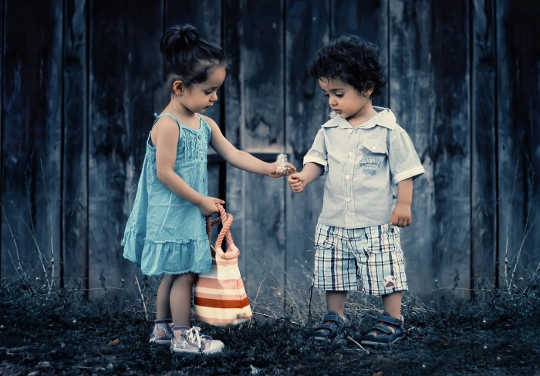 Children are listening. During the election, messages of hate, fear and intolerance were propagated across different media and into communities.
Children are listening. During the election, messages of hate, fear and intolerance were propagated across different media and into communities.
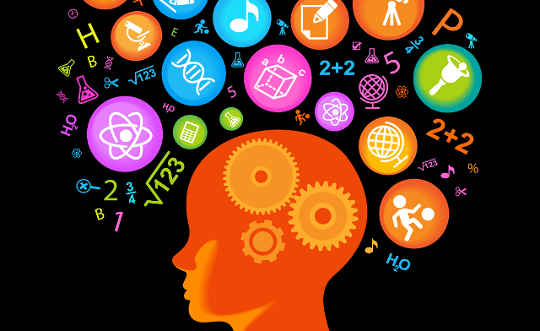 Congratulations! Your child is already a creative genius by virtue of being human. Humans are far more creative than any other species.
Congratulations! Your child is already a creative genius by virtue of being human. Humans are far more creative than any other species.
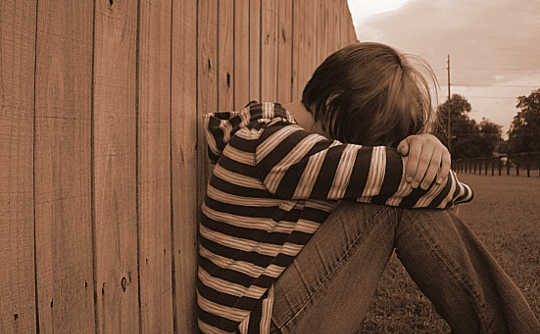 The death of a child is one of the most traumatic experiences that a parent can experience. Those who do experience it can struggle to recover.
The death of a child is one of the most traumatic experiences that a parent can experience. Those who do experience it can struggle to recover.
 Music is one of the most beautiful and powerful creations of humankind, and its powers are well known – making us happy and sad or relaxed and excited.
Music is one of the most beautiful and powerful creations of humankind, and its powers are well known – making us happy and sad or relaxed and excited.
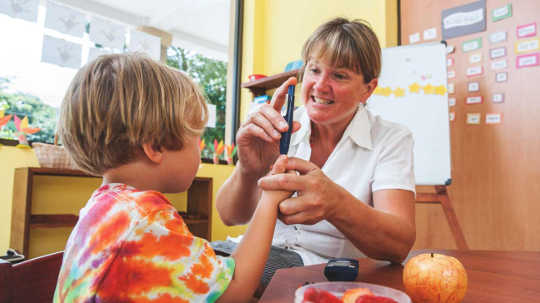 The health and well-being of children is key to helping them succeed in the future. Yes, education and social abilities are important to achievements and employment opportunities
The health and well-being of children is key to helping them succeed in the future. Yes, education and social abilities are important to achievements and employment opportunities
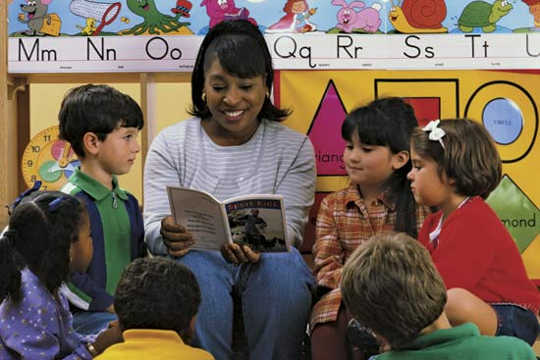 Ever wondered why boys and girls choose particular toys, particular colors and particular stories? Why is it that girls want to dress in pink and to be princesses, or boys want to be Darth Vader, warriors and space adventurers?
Ever wondered why boys and girls choose particular toys, particular colors and particular stories? Why is it that girls want to dress in pink and to be princesses, or boys want to be Darth Vader, warriors and space adventurers?
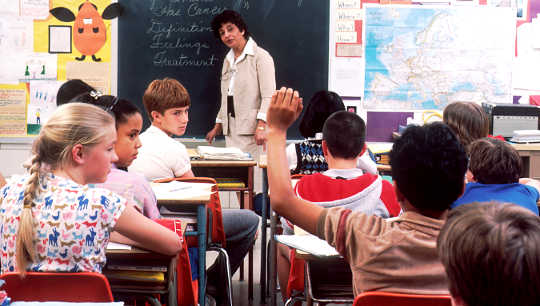 Preschool-aged children can learn bias through nonverbal signals displayed by adults, such as a condescending tone of voice or a disapproving look, new research suggests.
Preschool-aged children can learn bias through nonverbal signals displayed by adults, such as a condescending tone of voice or a disapproving look, new research suggests.
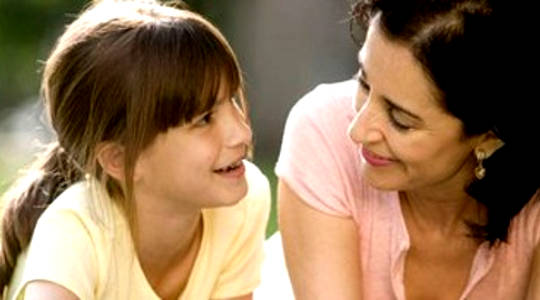 Though we all want our children to do well, to have what they want, to achieve, we need to be aware that what they want may be different to what we want for them. Many people feel unhappy and unfulfilled partly because they've done what was expected of them to please their parents...
Though we all want our children to do well, to have what they want, to achieve, we need to be aware that what they want may be different to what we want for them. Many people feel unhappy and unfulfilled partly because they've done what was expected of them to please their parents...
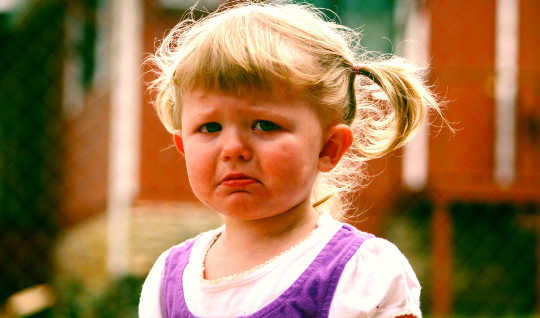 You might think it’s cute to snap a photo of your toddler running around in a playground or having a temper tantrum, and then posting it on social media.
You might think it’s cute to snap a photo of your toddler running around in a playground or having a temper tantrum, and then posting it on social media.
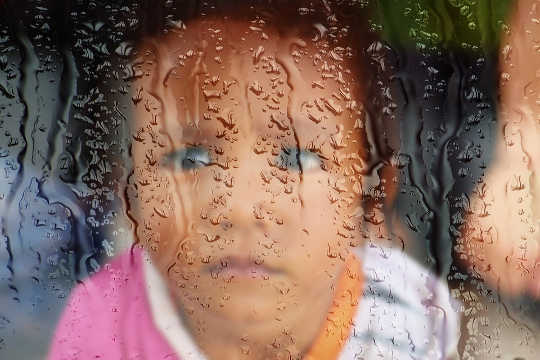 Brain waves show that clinically depressed children don’t respond to rewards the same way as other children do.
Brain waves show that clinically depressed children don’t respond to rewards the same way as other children do.
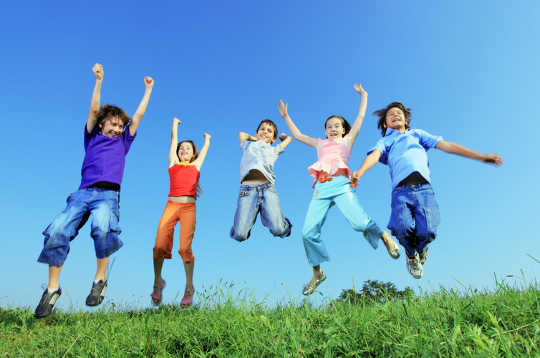
Gender-segregated education is making a comeback. Single-sex classrooms, long discouraged under Title IX, the federal law that prohibits gender discrimination in education, have been gaining prominence in recent years, especially in urban charter schools.
- By Eric Maisel
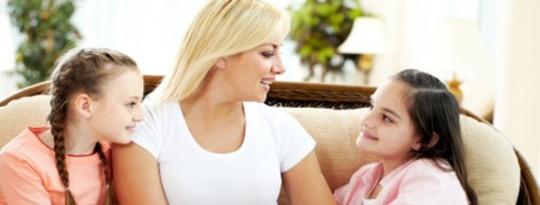 Family communication is possible, but love must be the lubricant. Talking about things like love, kindness, and generosity, and not "problems", might be the route to family change.
Family communication is possible, but love must be the lubricant. Talking about things like love, kindness, and generosity, and not "problems", might be the route to family change.
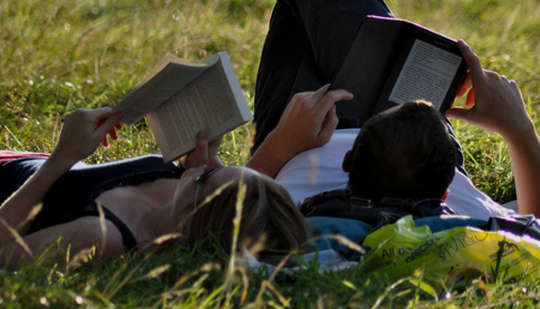 Most of us have an opinion about whether we prefer reading on screen or paper: but what difference does it make for children? The truth is that technology is now encountered from babyhood.
Most of us have an opinion about whether we prefer reading on screen or paper: but what difference does it make for children? The truth is that technology is now encountered from babyhood.
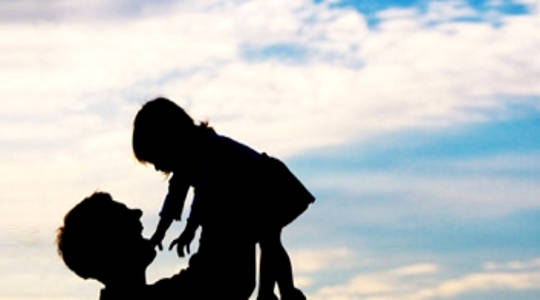 It may be possible to prevent babies from getting eczema—a costly, inflammatory skin disorder—just by applying something as inexpensive as petroleum jelly every day for the first six months of life.
It may be possible to prevent babies from getting eczema—a costly, inflammatory skin disorder—just by applying something as inexpensive as petroleum jelly every day for the first six months of life.
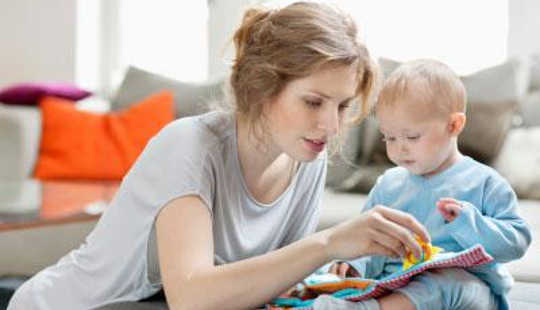 A baby’s most likely first words are based upon their visual experience, report researchers.
A baby’s most likely first words are based upon their visual experience, report researchers.
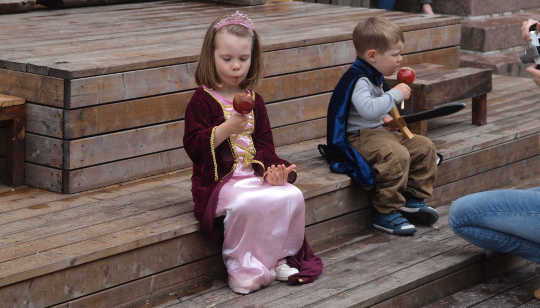 Self-regulation skills help children manage their thoughts and feelings, control impulses, and solve problems.
Self-regulation skills help children manage their thoughts and feelings, control impulses, and solve problems.
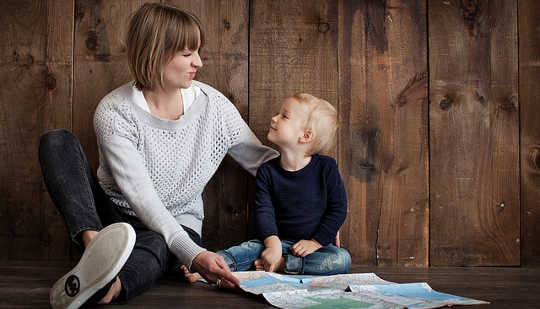 The concept of “neuroparenting” is making great waves among parents at the moment, with claims that neuroscience and new knowledge about brain development can help us to know “once and for all” how children ought to be raised.
The concept of “neuroparenting” is making great waves among parents at the moment, with claims that neuroscience and new knowledge about brain development can help us to know “once and for all” how children ought to be raised.
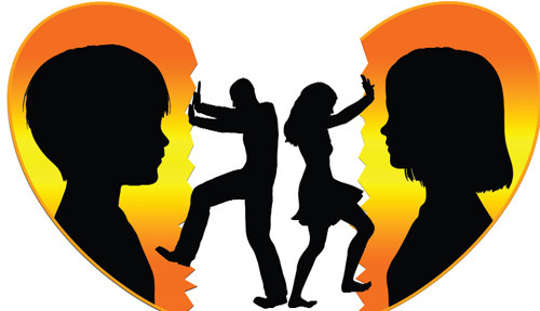 Parental alienation – defined as when one parent’s relationship with his or her child is harmed by the other parent – can have devastating consequences.
Parental alienation – defined as when one parent’s relationship with his or her child is harmed by the other parent – can have devastating consequences.
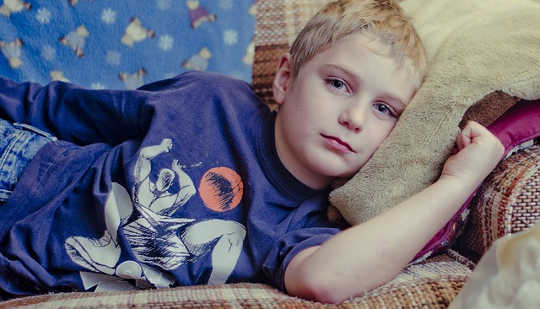 The common cold season is here, and if you have children, you will likely feel their suffering from these annoying upper respiratory tract viral infections.
The common cold season is here, and if you have children, you will likely feel their suffering from these annoying upper respiratory tract viral infections.













